Search Results
Showing results 41 to 50 of 50
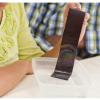
Rainbow Film
Source Institutions
In this activity, learners use clear nail polish to create a beautiful iridescent pattern on black paper. Learners discover that a thin film creates iridescent, rainbow colors.
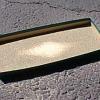
X-Ray Spectra
Source Institutions
In this activity, learners use simple materials to simulate the effect of X-rays in a safe way. Learners place a piece of window screen over a box and a cardboard pattern on top of the screen.
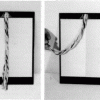
Gray Step
Source Institutions
In this activity, learners discover that it's difficult to distinguish between two different shades of gray when they aren't separated by a boundary.
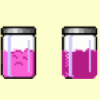
See It to Believe It: Visual Discrimination
Source Institutions
In this activity (12th on the page), learners investigate their ability to discriminate (see) different colors.
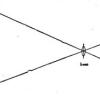
Bring it into Focus
Source Institutions
In this activity (page 2 of PDF), learners play with a lens and a piece of paper to focus an image on the paper. Learners look at different things, and see how the lenses affect the image.
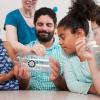
Exploring Earth: Investigating Clouds
Source Institutions
“Exploring Earth: Investigating Clouds” is a hands-on activity in which visitors create a cloud in a bottle and explore it with laser light.
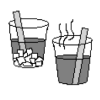
Glow Fast, Glow Slow: Alter the Rate of a Reaction!
Source Institutions
Learners investigate one factor affecting reaction rates: temperature. In a darkened room, two identical lightsticks are placed in water -- one in hot water and one in cold water.
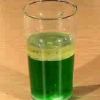
Erupting Fizz
Source Institutions
This is a highly visual demonstration that illustrates both the effects of density and chemical reactions.
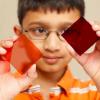
Exploring Materials: Nano Gold
Source Institutions
In this activity, learners discover that nanoparticles of gold can appear red, orange or even blue. They learn that a material can act differently when it’s nanometer-sized.
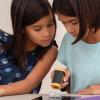
Exploring Earth: Temperature Mapping
Source Institutions
This activity models the way Landsat satellites use a thermal infrared sensor to measure land surface temperatures.
